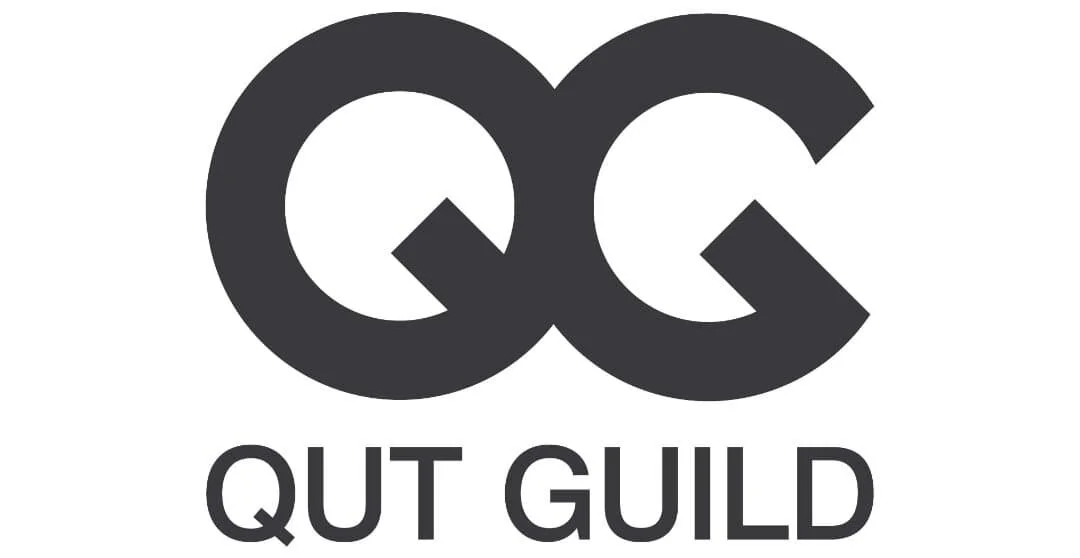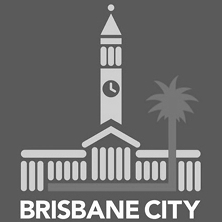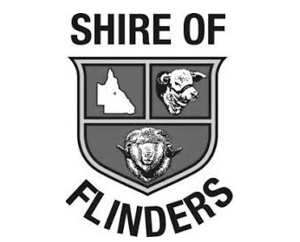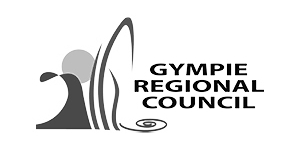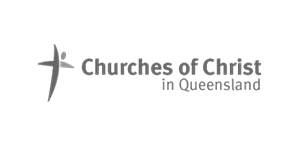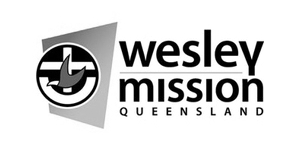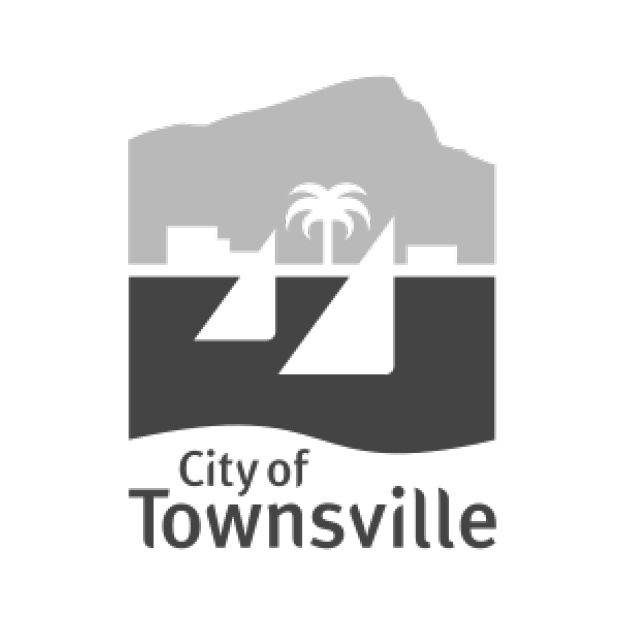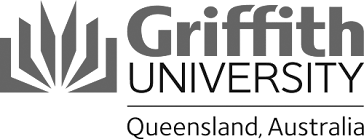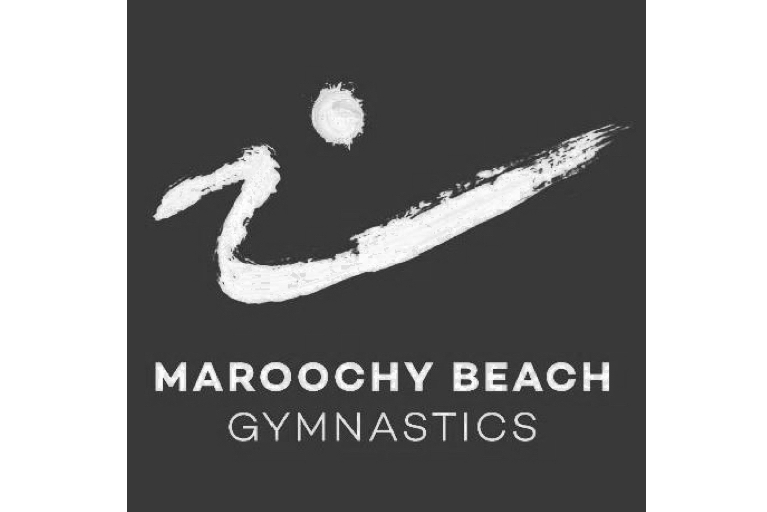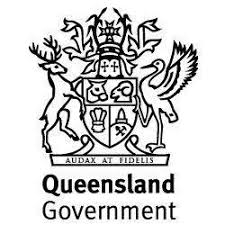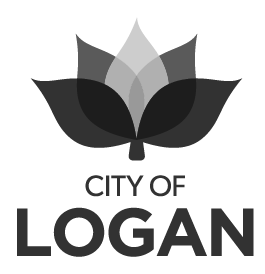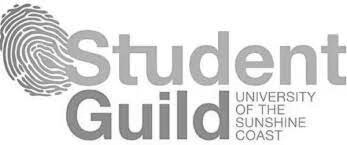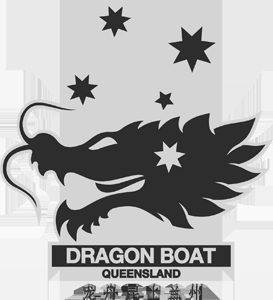By Michael Connelly - Managing Director at CPR Group and Tennis Dad
Navigating community sport from multiple vantage points offers many advantages and a multifaceted perspective. As the Managing Director of CPR Group, my professional journey intersects with sport and the not-for-profit sector, enabling collaborations with an array of stakeholders including governments, Councils, clubs, associations, universities and state and national governing bodies.
As a tennis Dad to my son Ethan, a self-driven athlete with support from sponsors like Lifetime Tennis, Wilson and Bidi Badu, that brings a personal dimension to my understanding of grassroots' sport. I have an advantage as a tennis Dad to understand perspectives from grassroots' clubs to competitive sport participation, whilst also being able to navigate the ups and downs of management committee responsibilities and challenges from over 26 years hands-on mentoring experience.
The Three-Sided View
My involvement spans three distinct realms - the governmental sphere across local, state and federal levels, the organisational domain from local clubs to national peak bodies and the personal realm as a parent supporting a young athlete. This comprehensive engagement provides deep insights into the operational, strategic and emotional layers of community sports.
The governmental angle emphasises the crucial role of policy, funding and infrastructure in nurturing grassroots sport, while my organisational involvement reveals the intricacies of club and association management, highlighting the necessity of robust governance and strategic foresight for sustainable sport growth at grassroots' level.
Being a hands-on tennis Dad for Ethan's sporting journey highlights the transformative power of community sport as a conduit for personal and athletic development. Enabling young people to be active in sport provides a sense of connectedness and sets goals beyond the classroom and their social environment. Whether participating at social or competitive level, sport allows young people to get away from digital technology and social media and target their focus and energy into healthier options whilst also encouraging new friendships away from school-life.
The Intrinsic Value of Community Sport
Community sport is a tapestry of passion, commitment and unity, offering more than just physical benefits. It's a setting where vital life skills are honed, friendships blossom and community ties strengthen. For young athletes like Ethan, it's a formative space for cultivating resilience, teamwork and leadership, reinforcing the sector's foundational role in our social fabric.
Community sport stands as a beacon of inclusivity and accessibility, inviting diverse participation and fostering a sense of collective achievement. This inclusive ethos enhances the sporting experience, creating a welcoming environment for all.
Bridging Perspectives for Enhanced Engagement
The dual lens of professional expertise and parental involvement across our CPR Group team enriches our contribution to community sport - it fosters a greater appreciation of member, volunteer and other stakeholder needs and preferences. This perspective facilitates a balanced approach when working in collaboration with management committees of sporting organisations, whether it is on their constitution, strategic plan or facility planning initiatives. The aim is to cultivate an environment where every participant, from budding athletes to dedicated volunteers, feels acknowledged and supported while also ensuring that sports facilities can meet the requirements of members and plan for future growth and success.
Through the lens of a sports governance and planning professional and a tennis parent, I've gained insights into the unifying potential of sport. As we navigate future challenges and celebrate collective achievements, the essence of community sport as a catalyst for inspiration, engagement and connection continues to guide our shared journey towards a more vibrant and connected society.



















